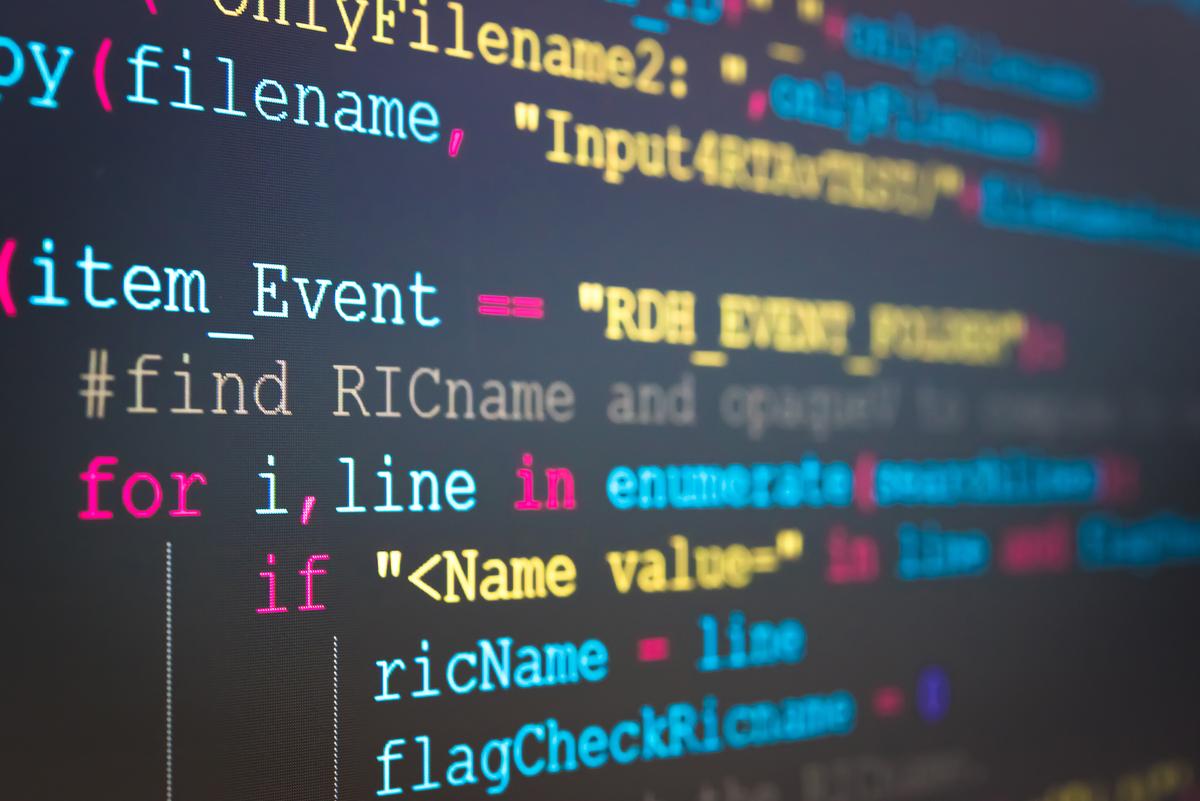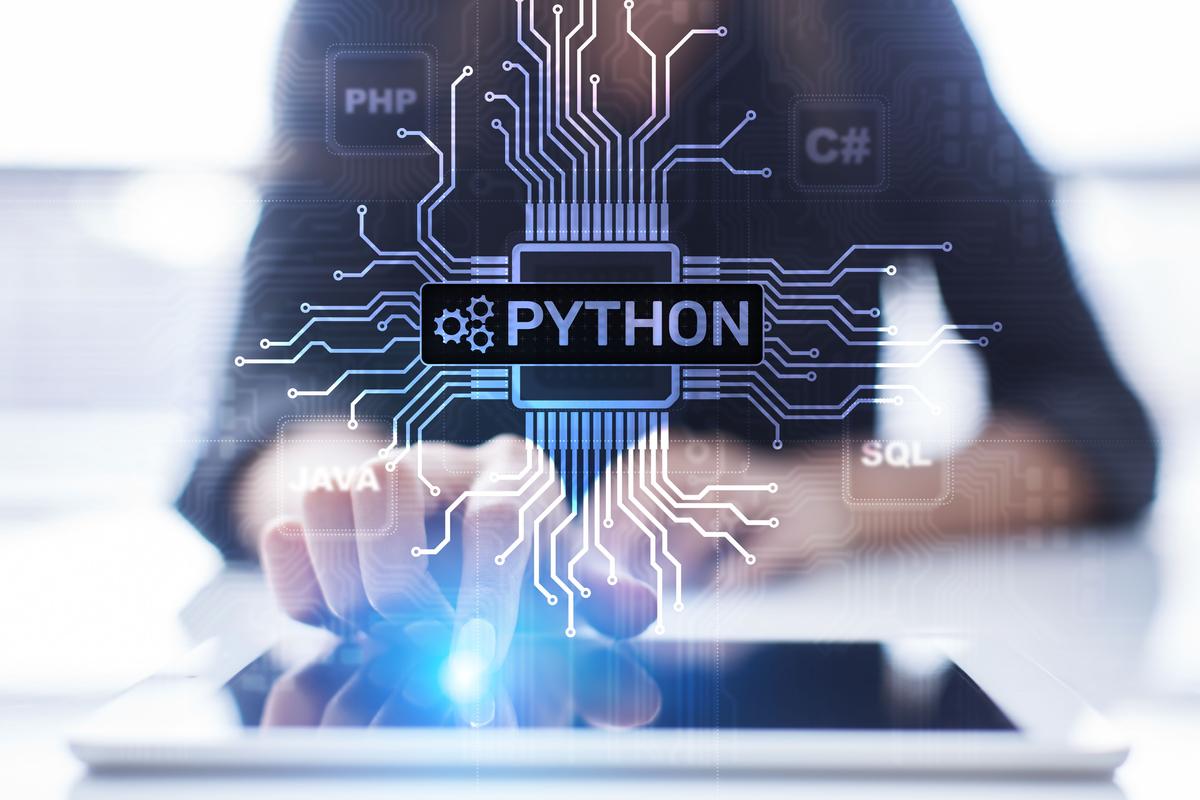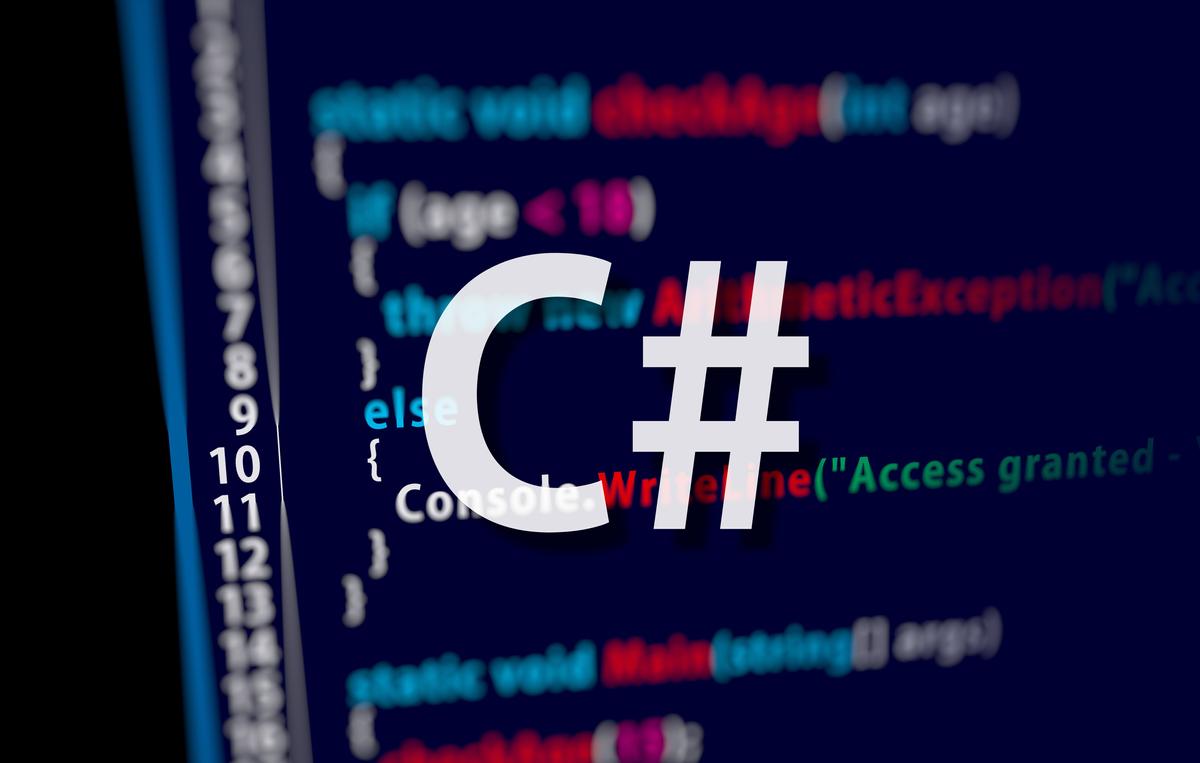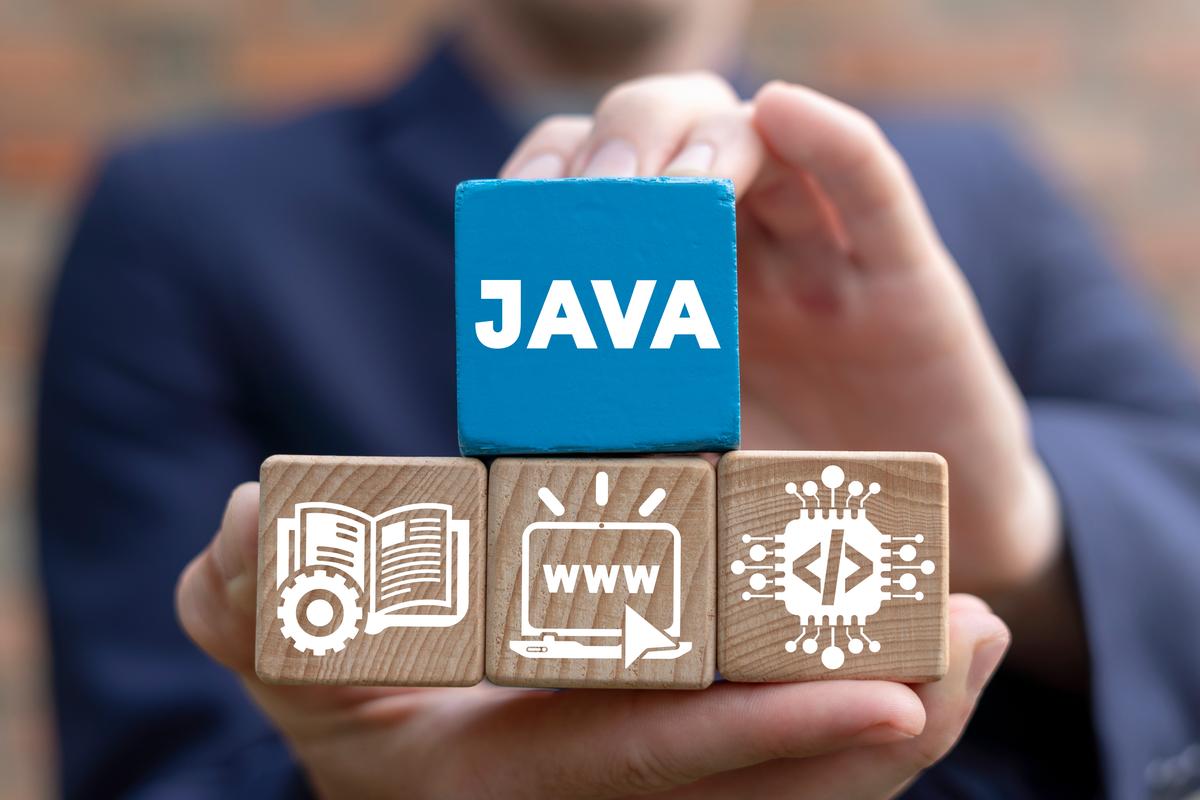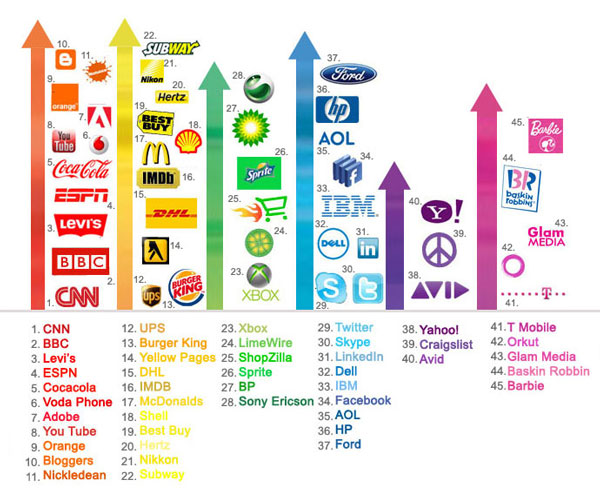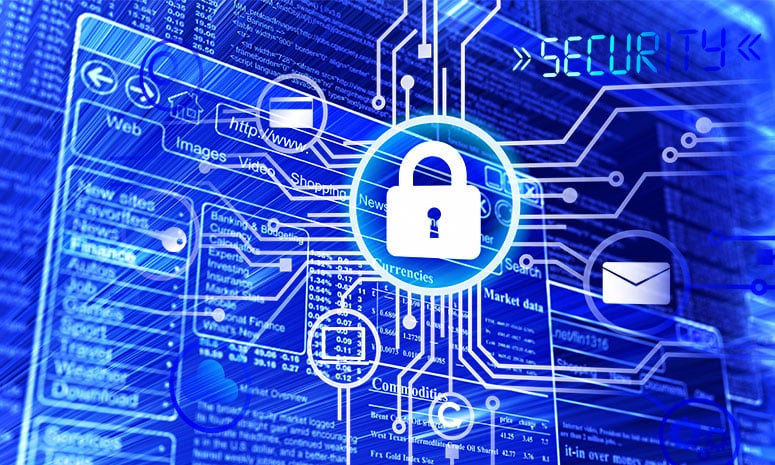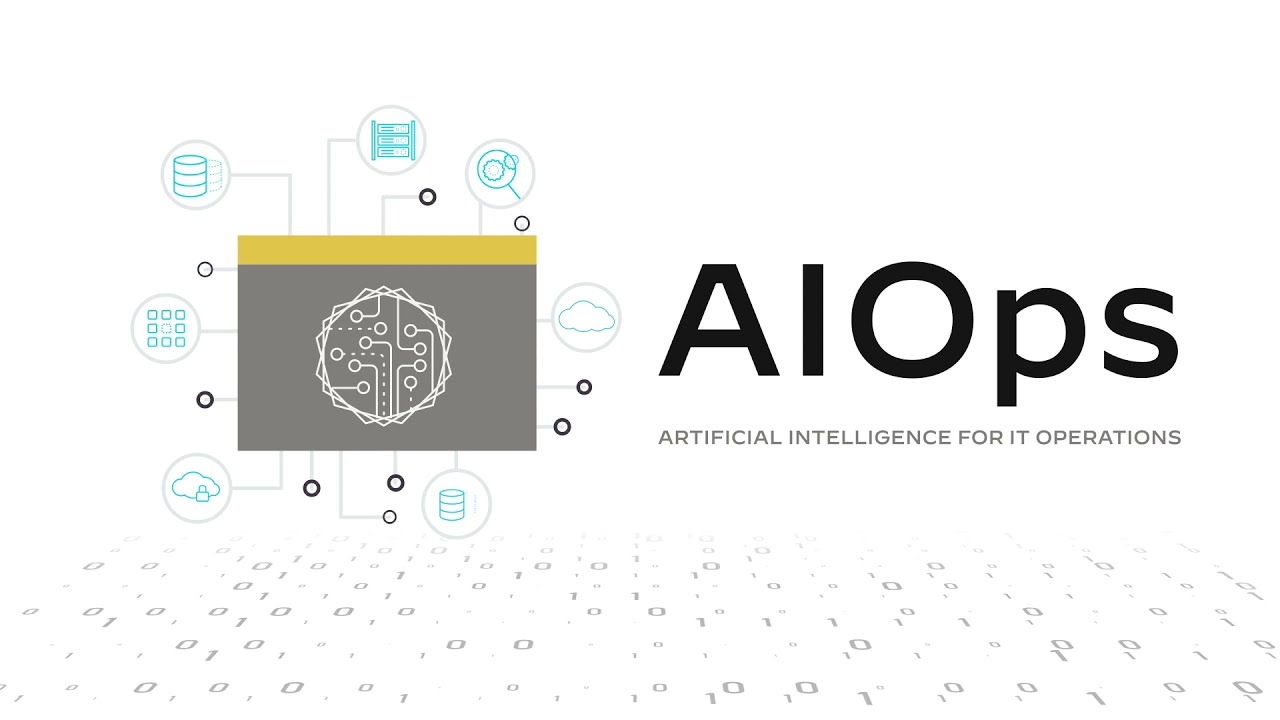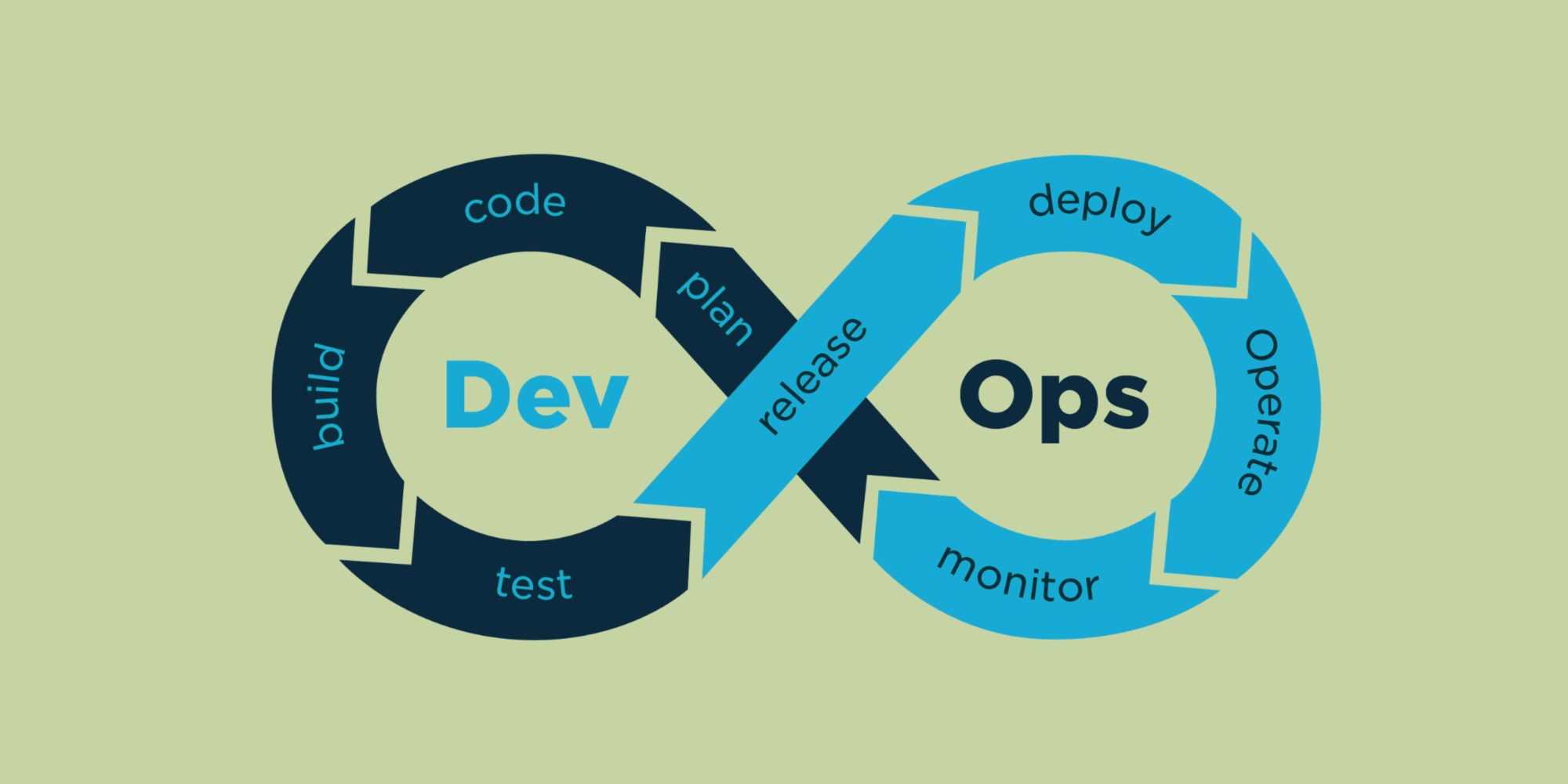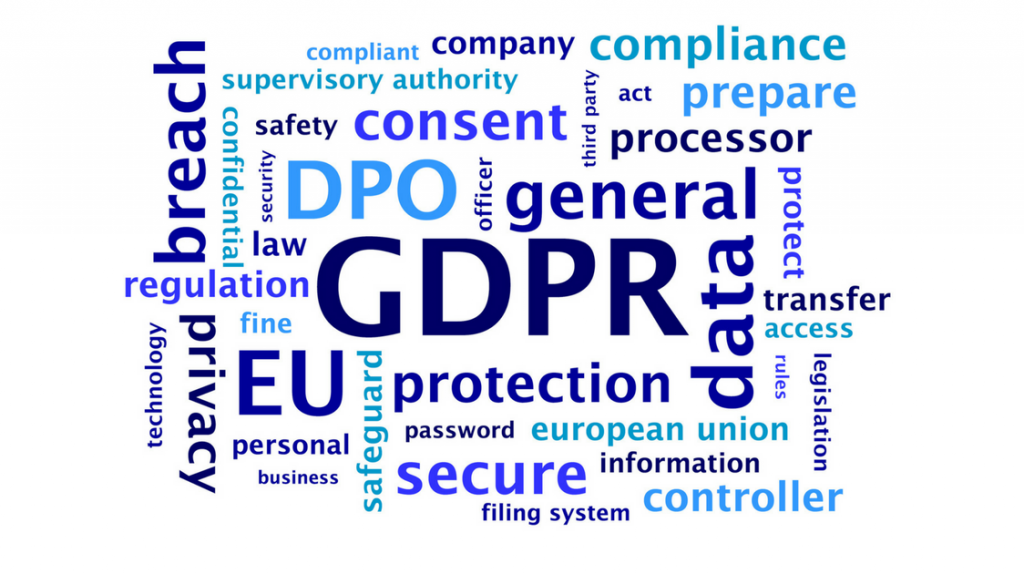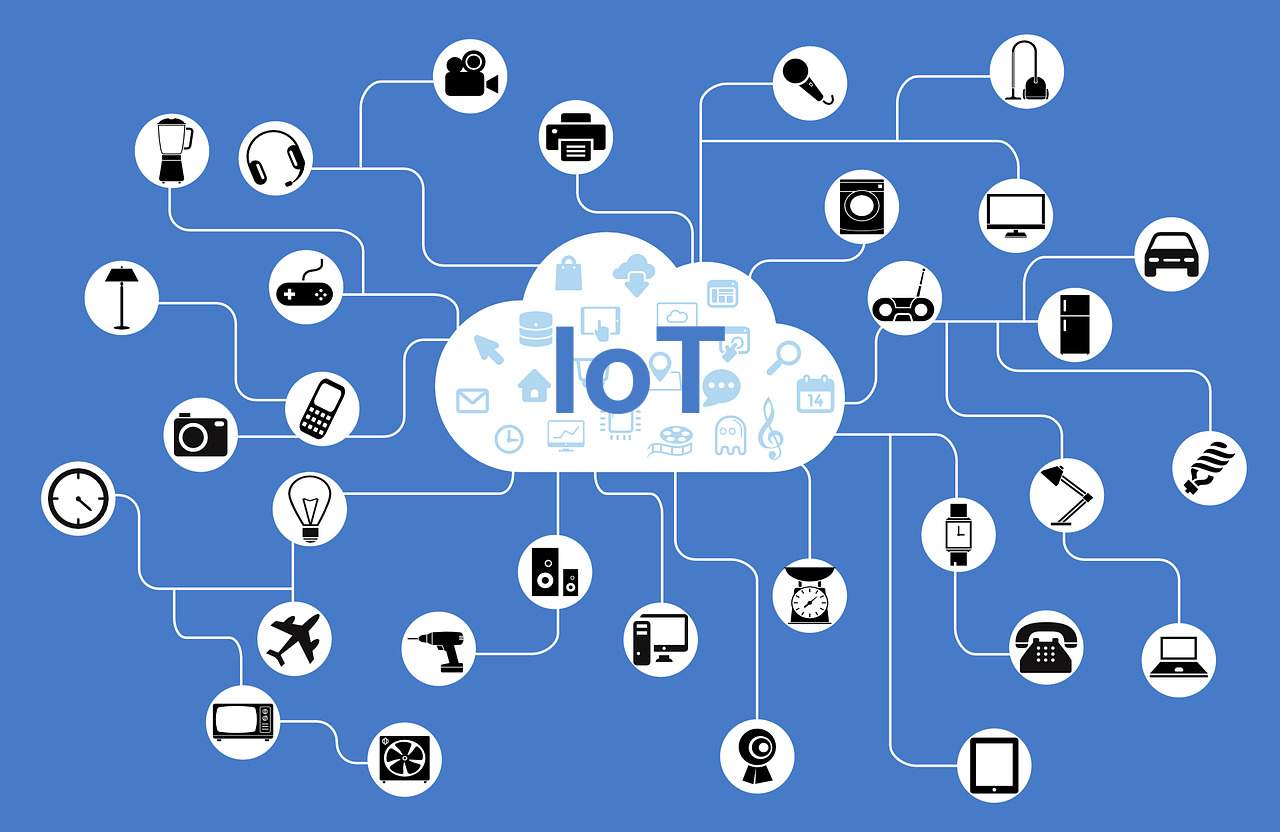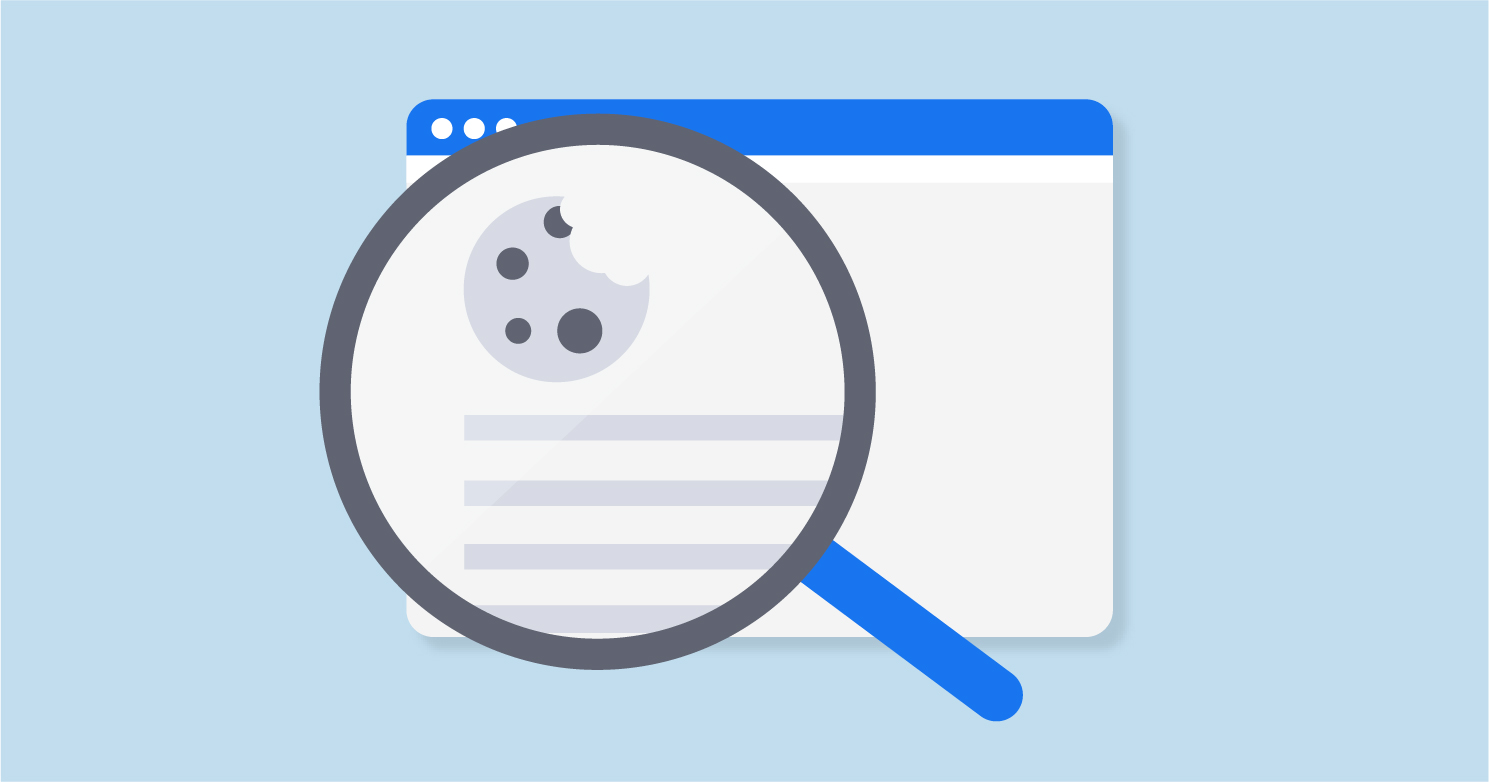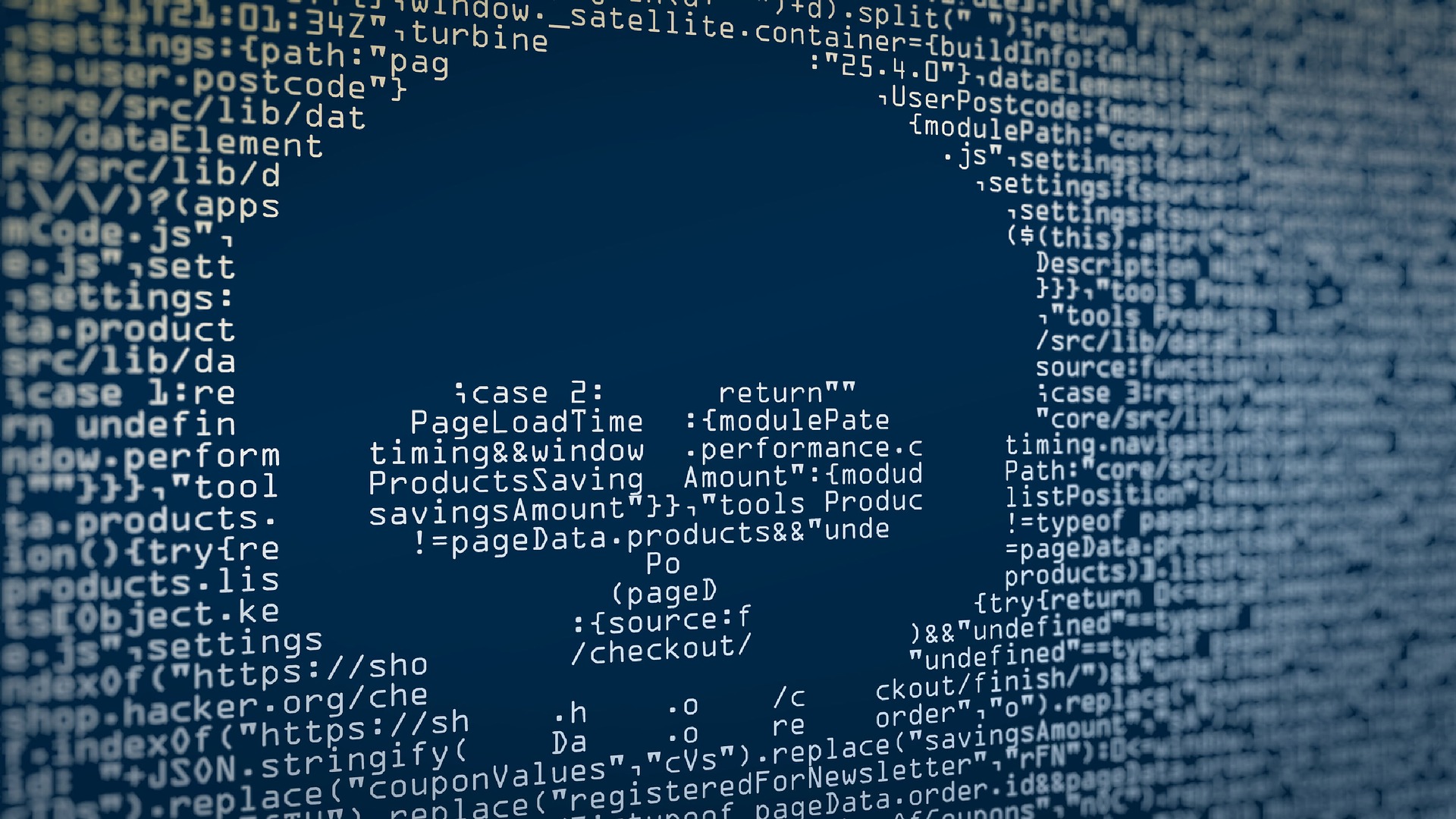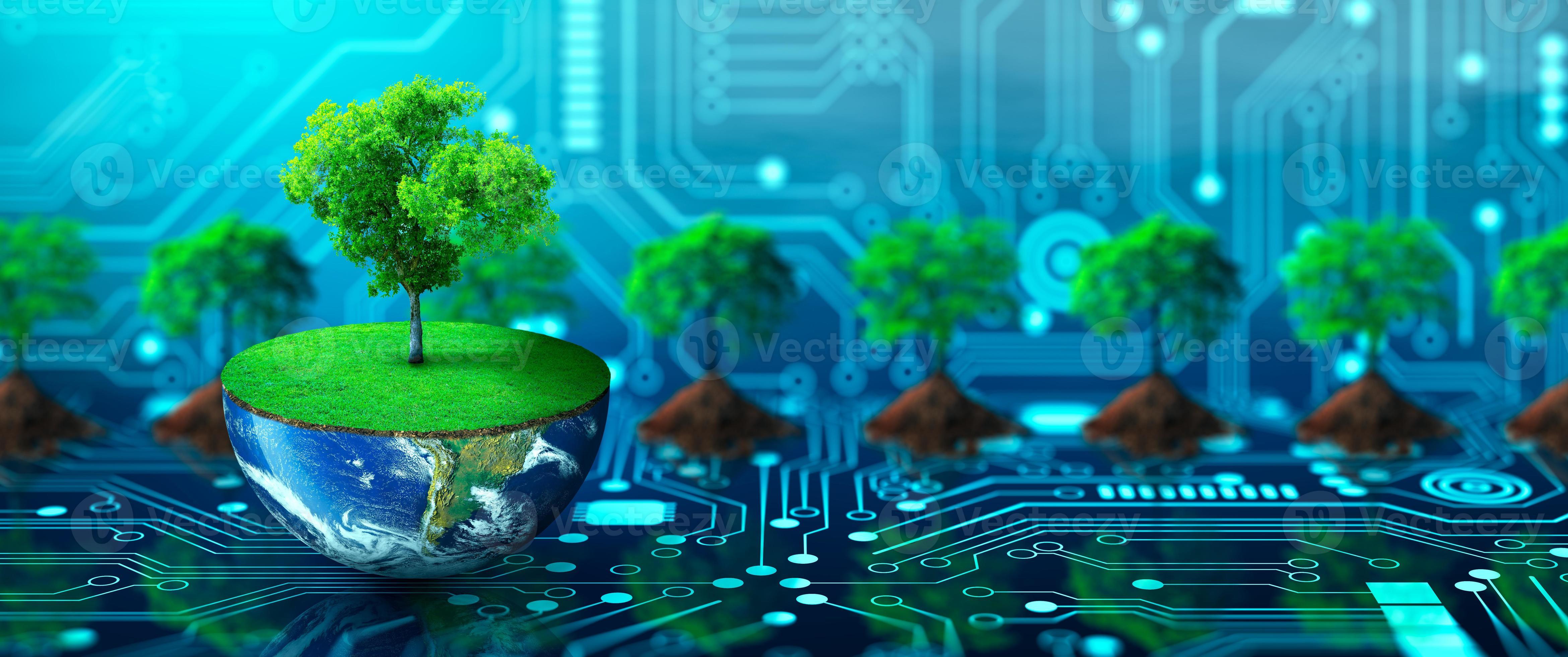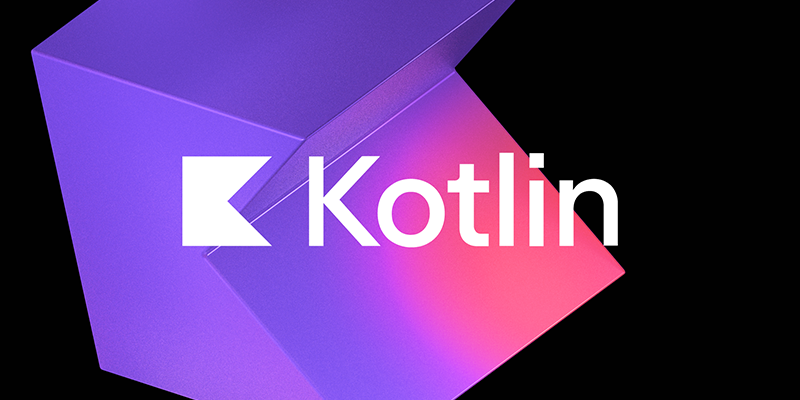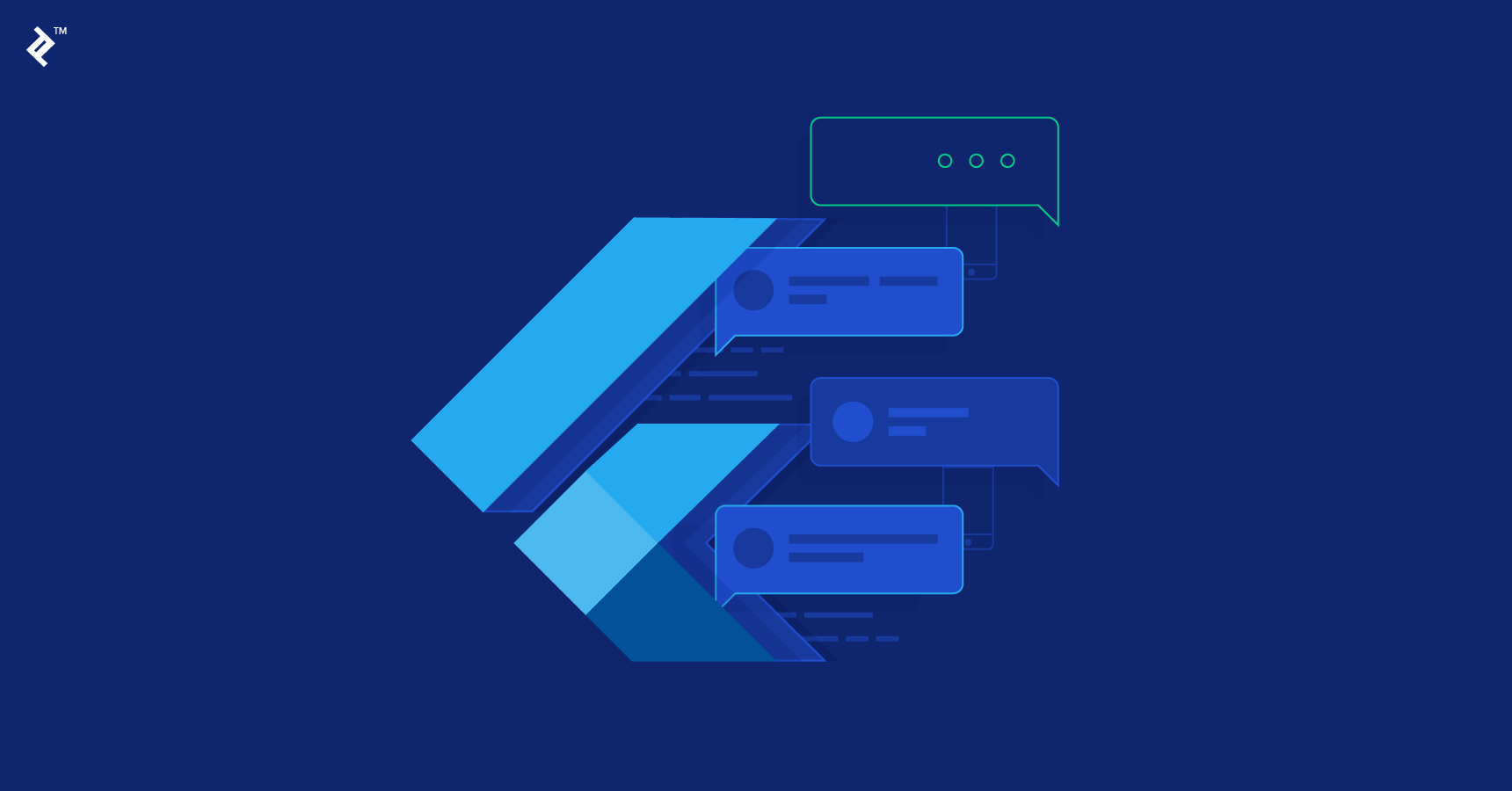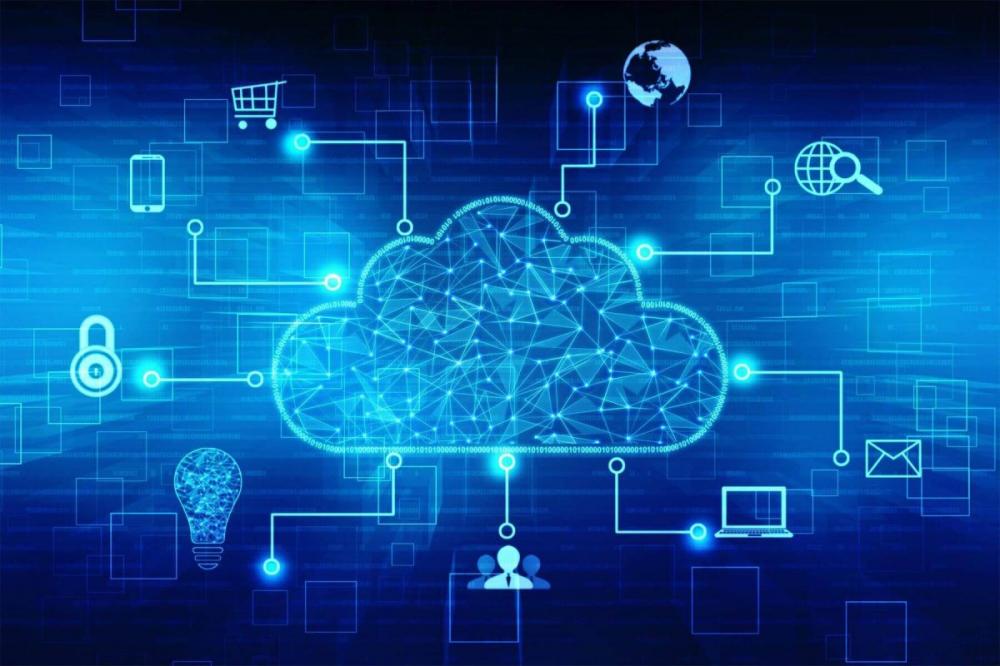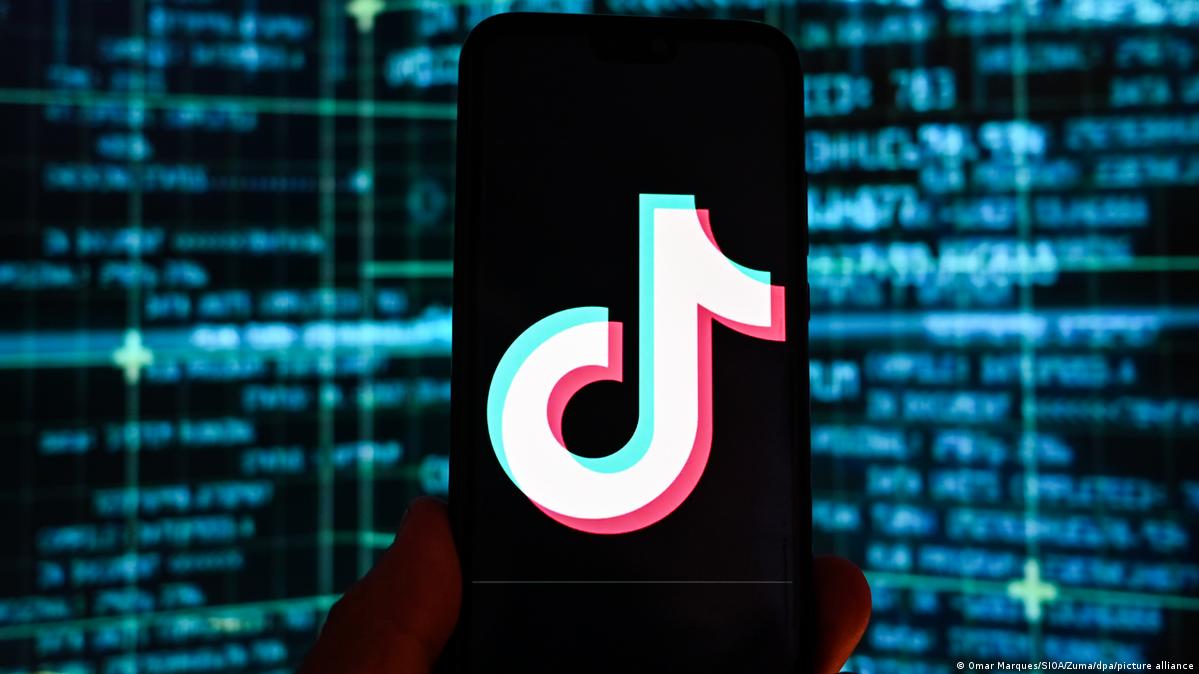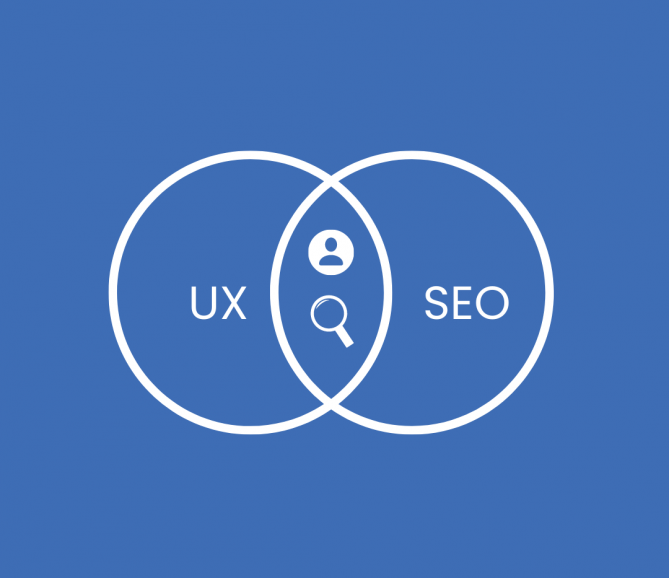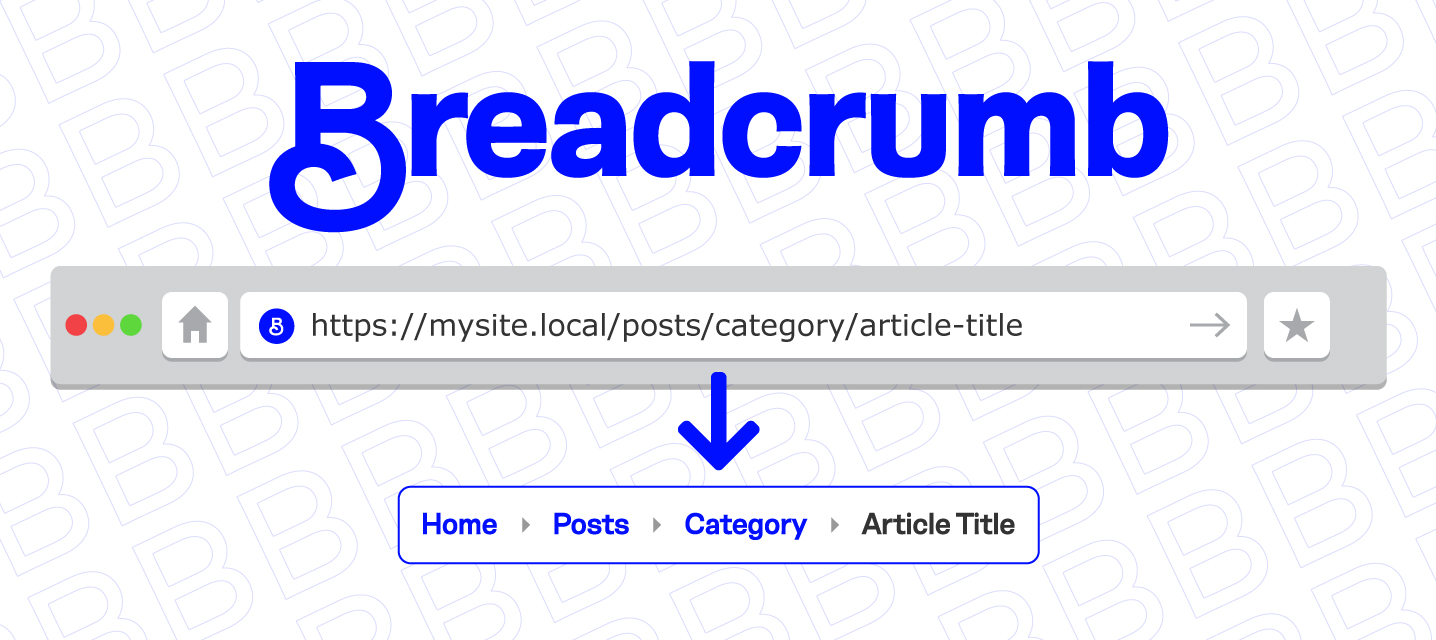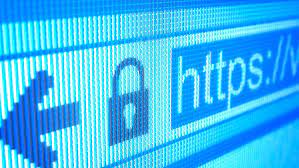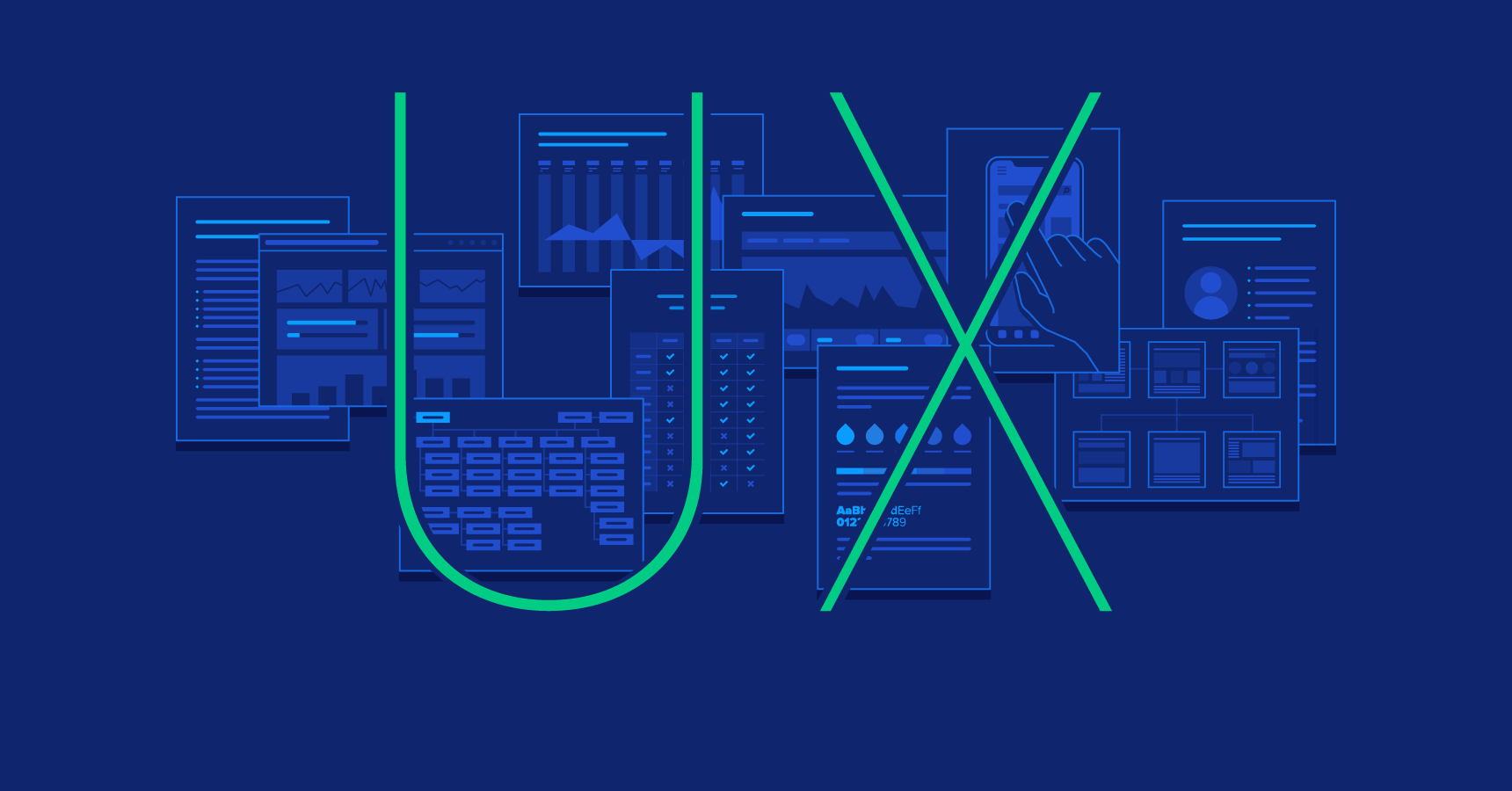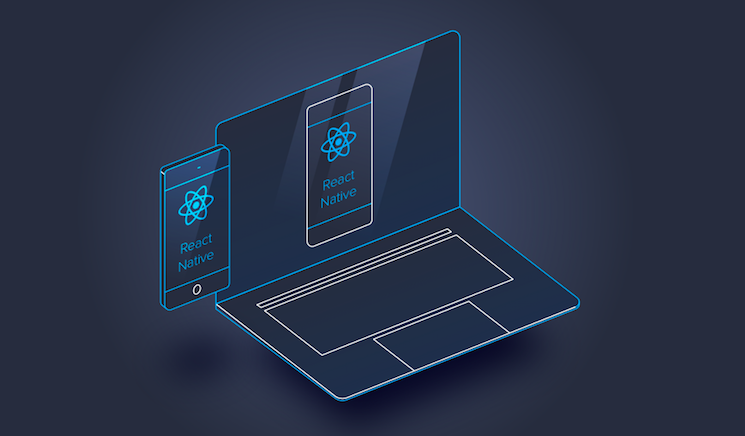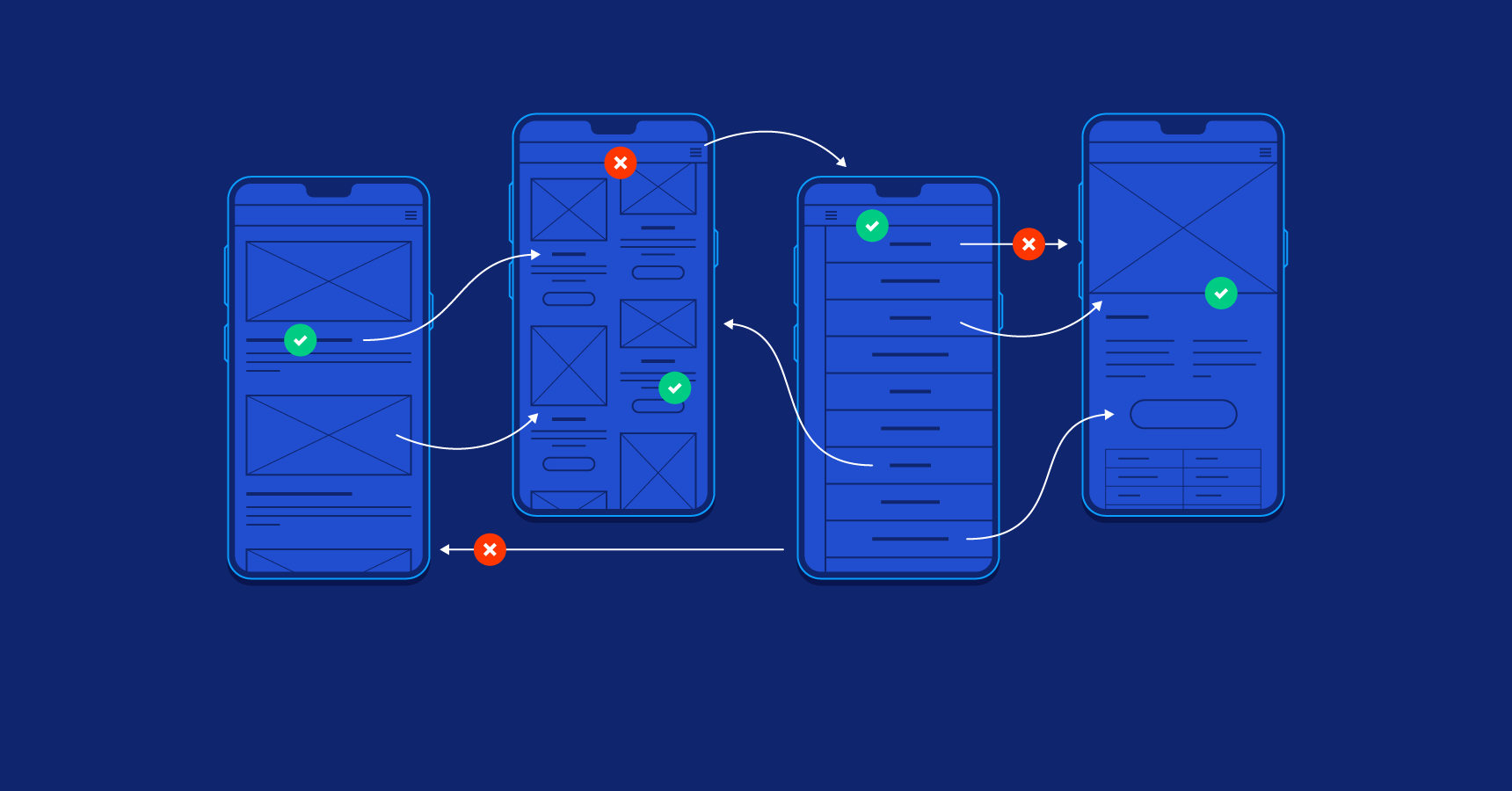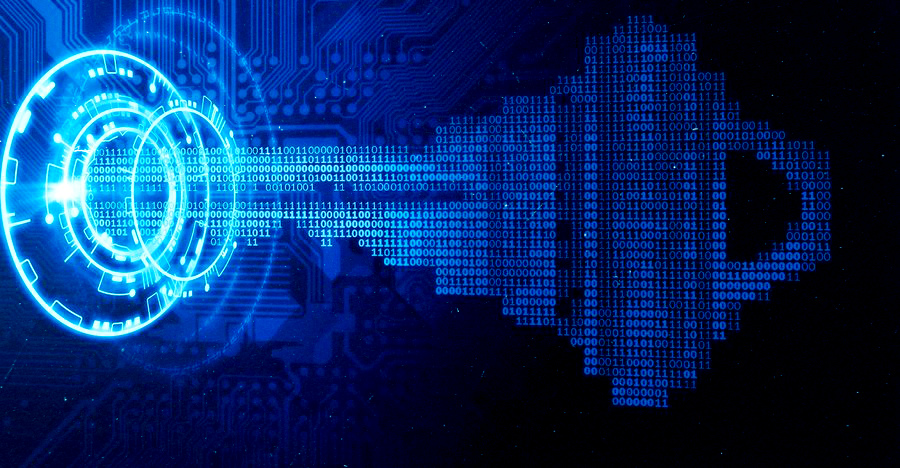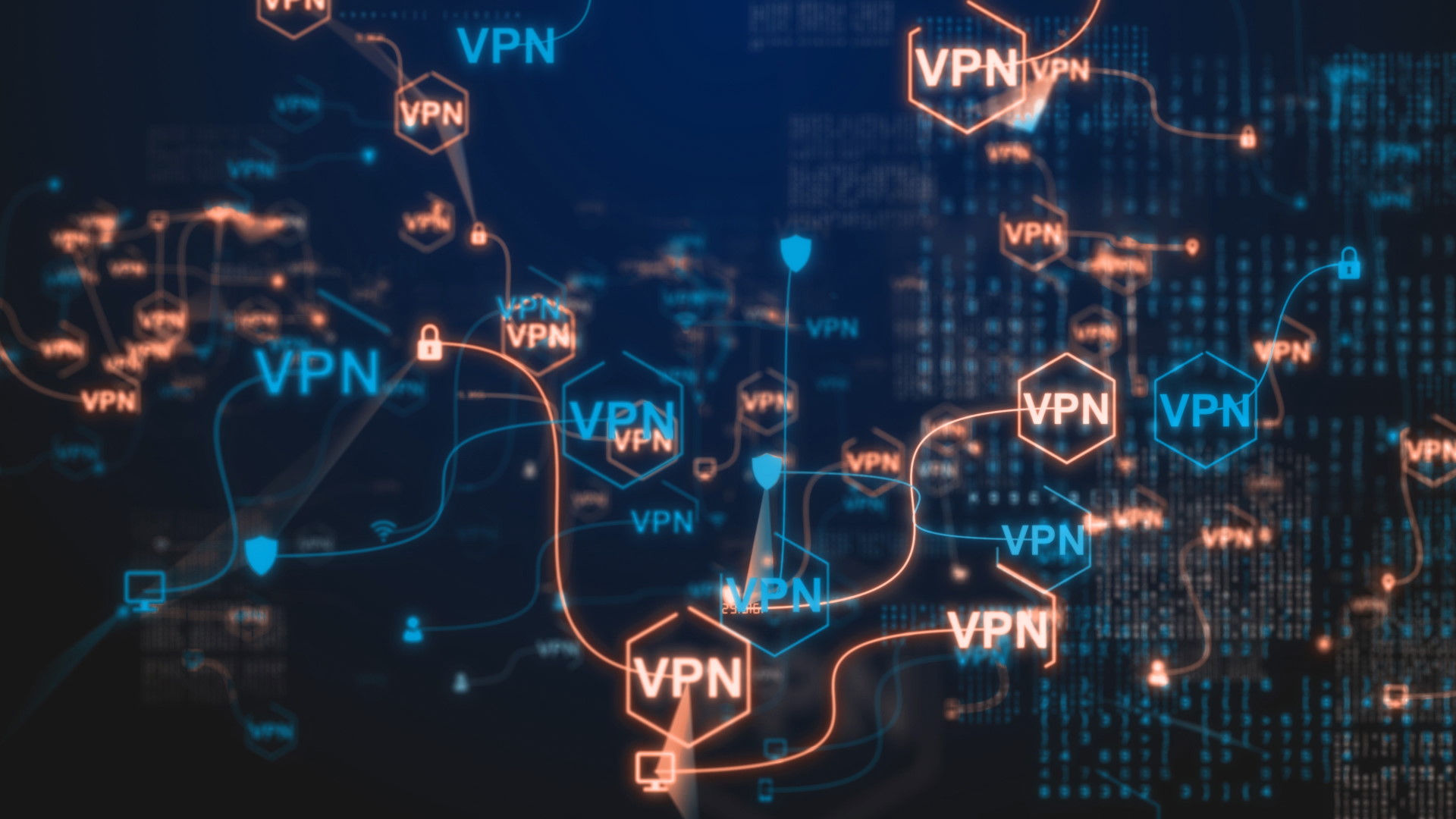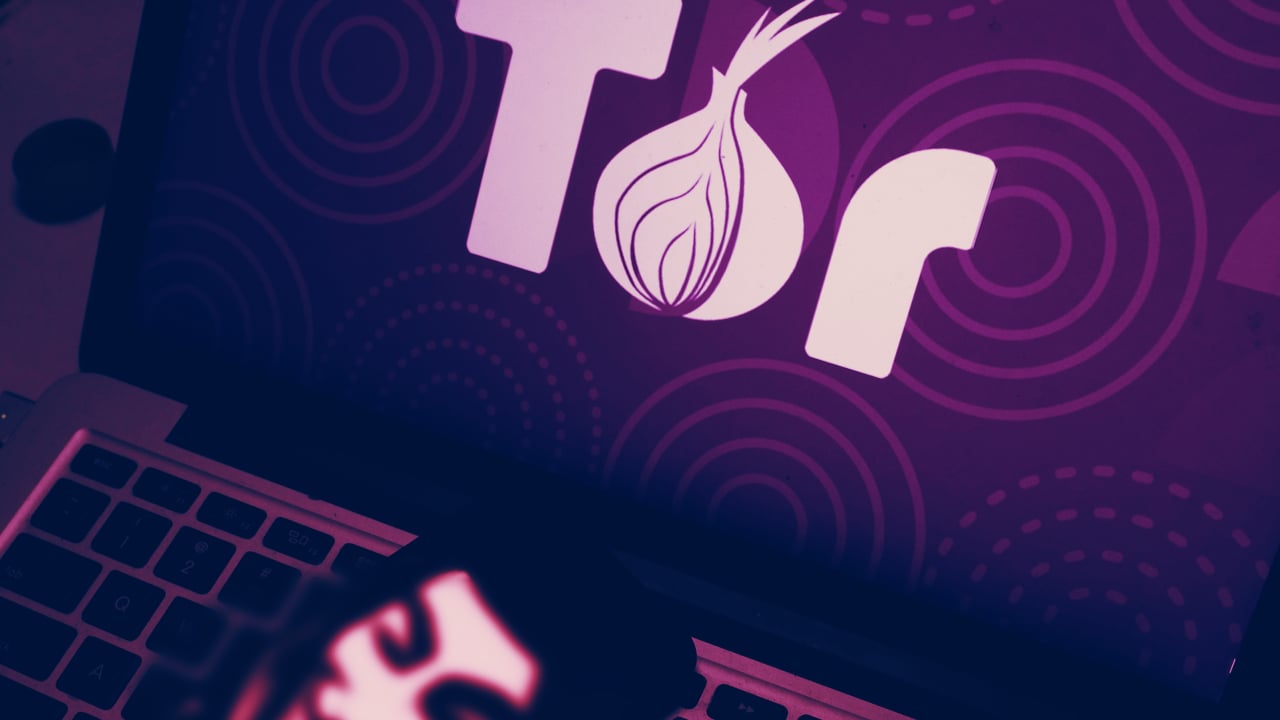What is blockchain?

Blockchain is an innovative technology that has garnered attention for its ability to provide transparency, security, and data decentralization. Initially, blockchain was associated with cryptocurrencies like Bitcoin, but its potential extends far beyond the financial sector.
Blockchain is a distributed ledger that stores transaction information in a chain of blocks. Each block contains transaction data, a timestamp, and a unique cryptographic hash of the previous block, ensuring the integrity and immutability of the chain.
Principles of the blockchains's work?
Decentralization: Unlike traditional centralized systems where data is stored on a single server, blockchain distributes data across multiple nodes. Each node holds a copy of the entire blockchain, making the system resilient to attacks and failures.
Transparency: All transactions on the blockchain are open and can be verified by any participant in the network. This ensures a high level of trust and helps prevent fraud.
Security: Blockchain uses cryptographic methods to protect data. Each transaction is verified and encrypted, making it nearly impossible to alter or counterfeit.
Immutability: Once added to the blockchain, data cannot be changed without the consent of the majority of network nodes. This ensures the permanence and reliability of the information.
While blockchain is often associated with cryptocurrencies, its applications are diverse.
Finance and Cryptocurrencies: Blockchain has become the foundation for cryptocurrencies such as Bitcoin and Ethereum. It enables secure and fast transactions without the need for intermediaries like banks.
Smart Contracts: Blockchain allows the creation of smart contracts—self-executing contracts with the terms of the agreement directly written into code. They automatically execute when certain conditions are met, eliminating the need for third parties.
Logistics and Supply Chain Management: Blockchain can track the origin of goods, enhancing the transparency and efficiency of supply chains.
Healthcare: Blockchain can be used to securely store and exchange medical data, ensuring the protection of patient confidentiality.
Voting and Governance: Blockchain technologies can be used to create transparent and secure electronic voting systems, increasing trust in electoral processes.
Let's look at the pros and cons of this innovative system:
Advantages:
- Enhanced security and data protection.
- Resilience to censorship and fraud.
- Transparency and verifiability of transactions.
- Reduction of costs related to intermediaries and administration.
Challenges:
- High energy consumption, especially in the case of cryptocurrencies.
- Complexity and high cost of implementation.
- Issues with scalability and transaction speed.
- Legal and regulatory uncertainties.
Blockchain represents a revolutionary technology that can transform many aspects of our lives and businesses. Despite existing challenges, its potential to provide security, transparency, and decentralization makes it an essential tool for future innovation and development. With ongoing research and development, blockchain can become an integral part of various industries, from finance to healthcare and governance.

